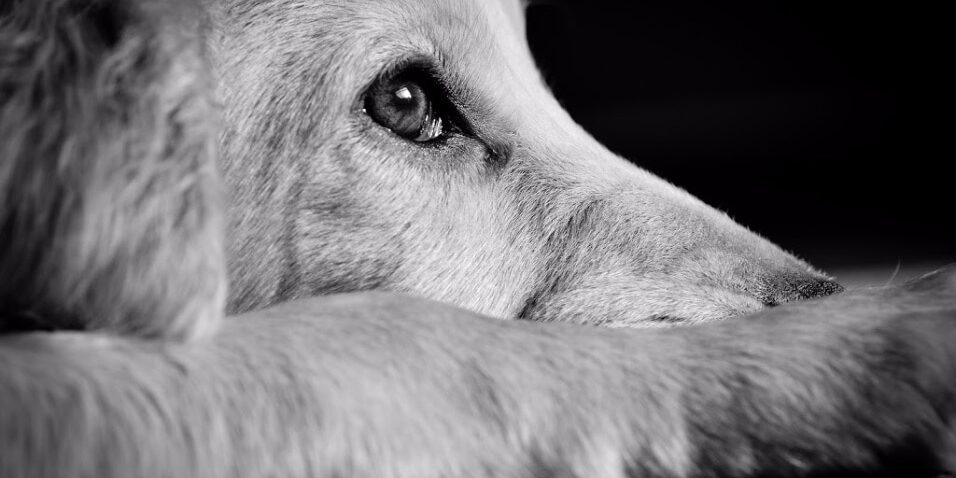This July 4th, please remember that sun and fun and fireworks for us might mean a day spent terrified and trembling for some of our furry friends. At Rainier Veterinary Hospital, our team wanted to share some helpful tips.
Recognize signs of anxiety in your pets– Hiding, trembling, pacing, lip licking, yawning, attention seeking, refusing food, diarrhea or vomiting and house soiling are all signs of anxiety in pets. Know the signs so you can off the supportive care they need.


Make sure to provide a safe space– Be sure to provide a quiet space that is secure as possible, perhaps a basement or inner room. Additionally, a radio playing might help cut out some of the outside noise. Pheromone products (i.e., Feliway for cats, DAP for dogs) can help ease anxiety while providing your pet with a thundershirt to wear may make them feel more secure.
Pet identification is essential– Please make sure your pet is fitted with a collar and tags with your contact information. Also, please make sure their microchip is up-to-date with your current contact information. If the worst case scenario happens, and your pet runs away, the updated microchip may be the best way for you to be reunited.


We all want to do our best to help our pets get through this day. If you anticipate needing medication support for your pet’s anxiety, we have provided a brief overview of some of the commonly prescribed drugs. (Of course, we always recommend that you consult with your family veterinary on any and all prescription medications for your pet to determine which is best suited for their needs.) Details follow:
Sileo– The only FDA approved drug for noise phobia in dogs. It comes in a tube and has a gel formula that is easily applied to the gums. Sileo should be dosed about 30 minutes prior to anticipated noise (or at first signs of anxiety) and can be re-dosed every two (2) hours as needed. Larger dogs might require more than one (1) tube to make it through the holiday.
Trazodone– This drug is used to help control anxiety and provides mild to moderate sedation. This drug will work better if it is on board one to two hours prior to the event. It is also recommended to start your pet on this medication as early as the night before a stressful or anxiety-inducing event to make sure it is in their system.
Alprazolam– This drug is used primarily for anxiety and typically causes only mild sedation. It is a benzodiazepine anxiolytic and is ideally given about 30 minutes prior to anticipated noise (or at first signs of anxiety). It can also be re-dosed every six to eight hours if needed.
Gabapentin– This drug is usually prescribed as a pain medication but at higher doses does provide significant relaxation and sedation.
Acepromazine– This is a tranquilizer drug and IS NOT RECOMMENDED. It will provide sedation alone so your pet is drugged and still scared. We occasionally consider using this in combination with Trazodone or Alprazolam for extreme cases.
Zylkene– This is not actually a drug but a supplement derived from milk protein that helps to control anxiety.
Please do your best to contact us as soon as possible if you think your pet needs pharmaceutical help to get through the holiday. This will allow us to ensure your prescriptions are available in advance.
For our beloved pets that don’t mind the booming sounds, remember noise isn’t the only holiday hazard. You don’t want to have that dog that eats the barbecue skewer, the THC infused cake, the garbage full of bones, gets heatstroke, starts a fight, etc. Plan ahead and make provisions to keep your pets safe and happy this summer.









